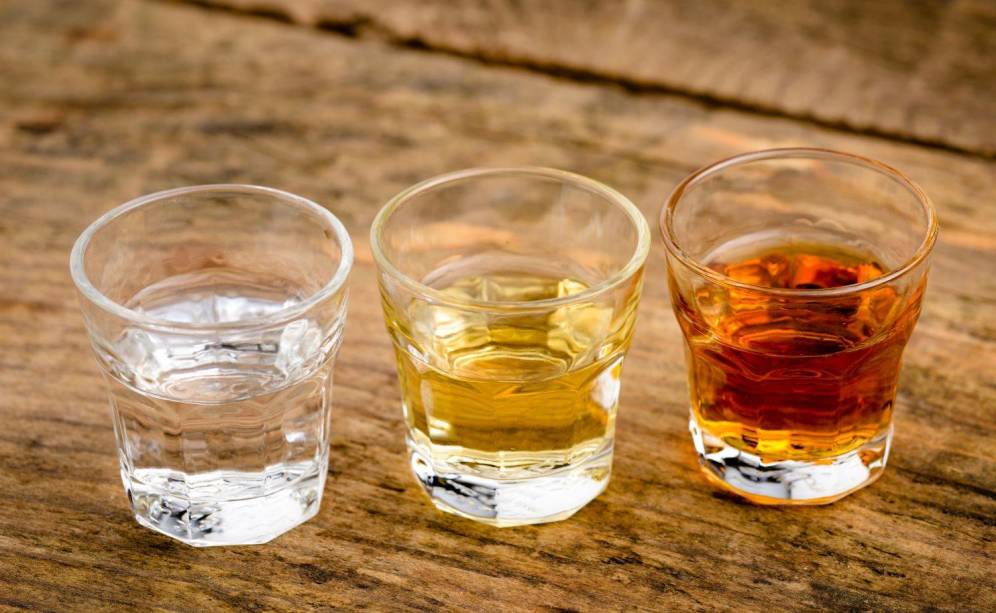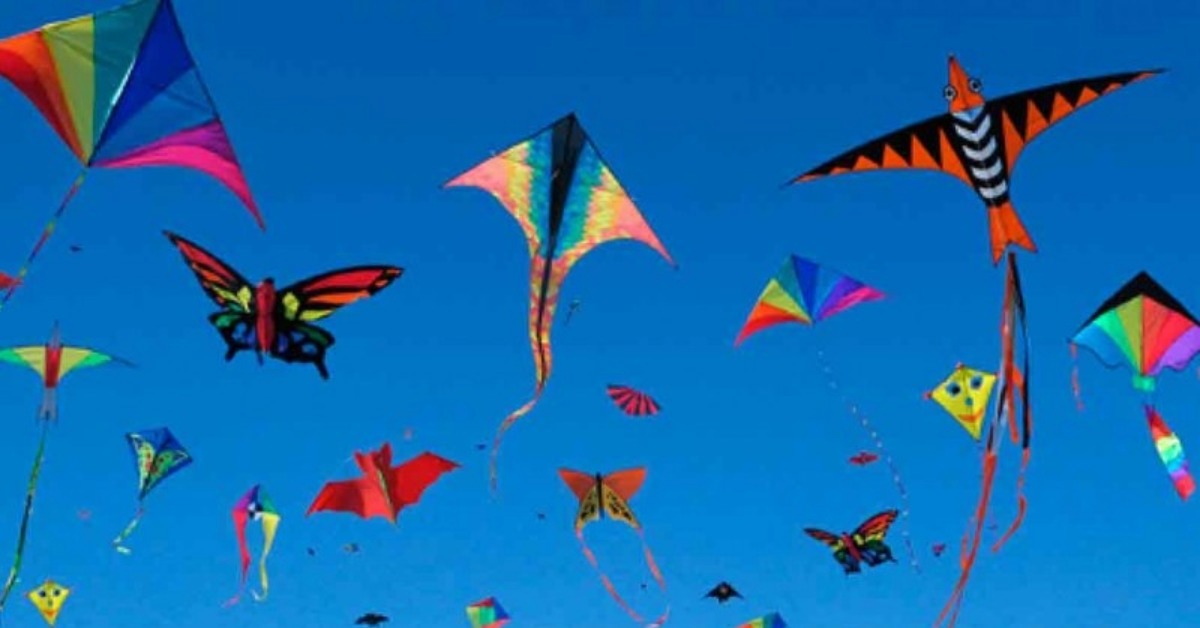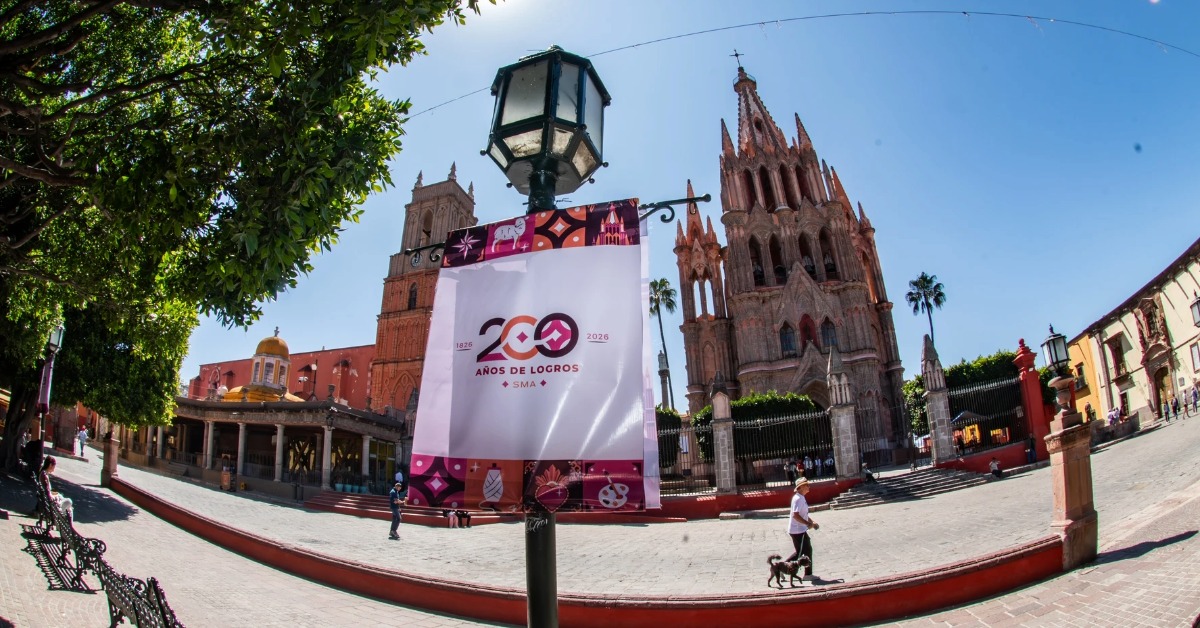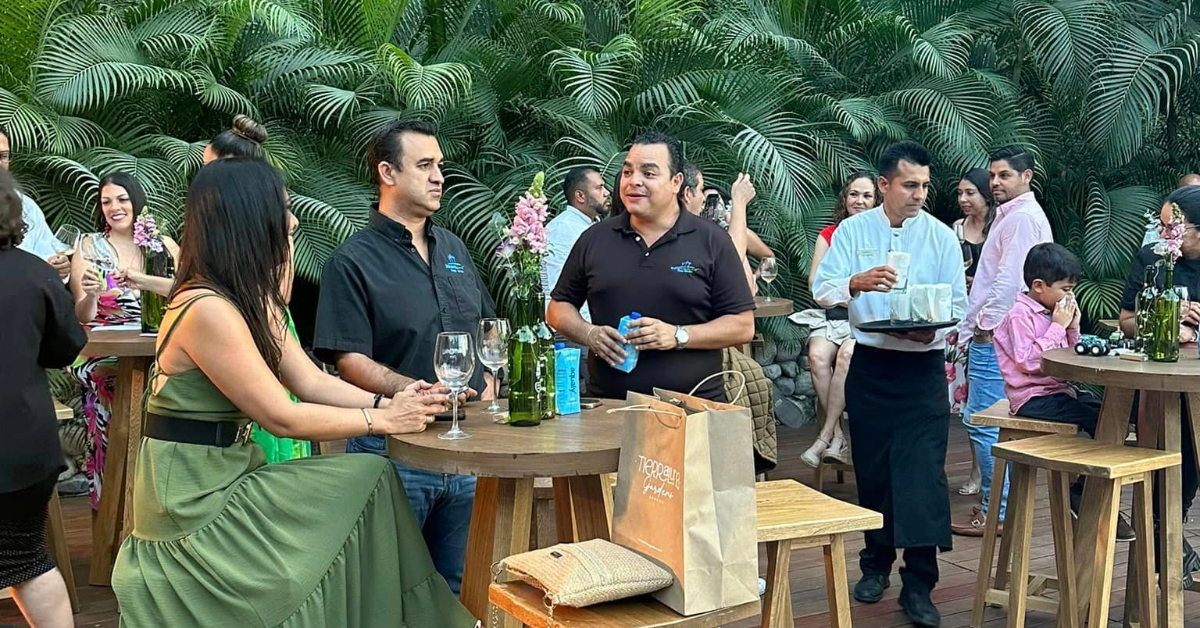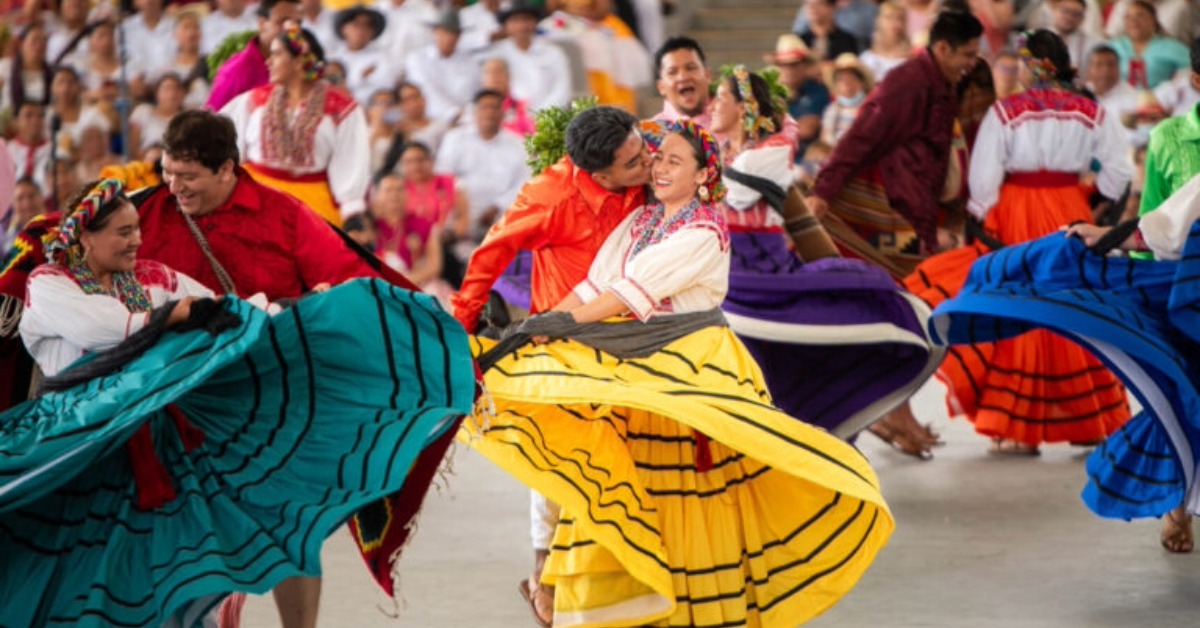Producers of raicilla, brandy made 100 percent of agave, seeks the Designation of Origin of this traditional drink of Jalisco and foresees the recognition being issued by February.
At a press conference, the president of the Mexican Council Promoter of the Raicilla (CMPR), Alfredo Cachua reported that they are about to get the certification with which Jalisco will boast its third designation of origin, after tequila and chile yahualica.
"In short the Mexican Institute of Industrial Property (IMPI) will give us the designation of origin of the Raicilla, a drink based on different varieties of agave from artisanal production that . . .


